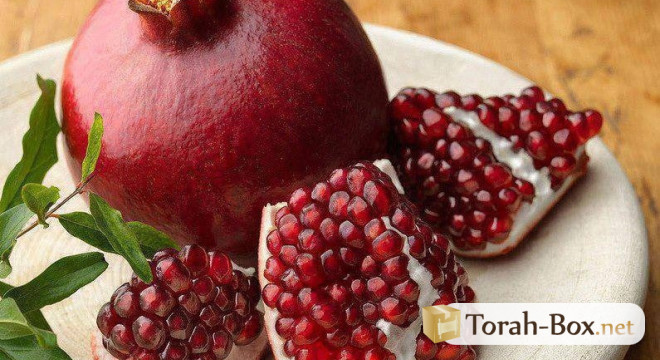
Rosh Hashanah
Rosh Hashanah - Feminine Royalty
The festival of Rosh Hashanah, whose literal Hebrew meaning is "the head of the year", is of fundamental importance, both in form as well as in content. Indeed, Rosh Hashanah marks not only the beginning of a new year, but also the day when every creature stands before God in judgement. But what is the essence of Rosh Hashanah? What's the point of spending long hours in prayer? In fact, the quintessential character of the new year is embodied in the attribute of Malchut, one of Hashem's ten Sefirot. This attribute is inherently feminine and represents one of the highest spiritual spheres. Let us try to define this attribute and discuss how it can be utilized to the fullest during the Festival of Rosh Hashanah.
Firstly, the concept of Malchut, which literally means Kingship in Hebrew, is an integral part of a Jew's life. Indeed, to correctly execute this attribute it is critical to work at elevating physical matters to a spiritual level. A Jew must transform everything that is a priori profane into something holy. This engulfs many aspects of life, such as, for example treating others with kindness or dressing modestly.
Miriam Kosman, author of the book Circle, Arrow, Spiral: Exploring Gender in Judaism, writes that it is precisely the apparently innocuous actions, which can bring down the Shechina (Divine Presence) to the world. Obviously, since God resides in heaven, there is only one avenue to make Him reign in this world. We must, as Jews, integrate Him into every action we perform. Because in fact, a Jew must sanctify the name of God always and in all places, but even more so in the New Year.
But how is Malchut connected to women? Kosman explains that the female gender, symbolizing the concrete and down to earth aspects of life's reality in their most unadulterated form, epitomizes the principle of bringing down the Shechinah to the world microcosmically through her daily mundane actions. Judaism commands us to incorporate Hashem into all our actions, and particularly the nitty gritty ones. So, it is safe to deduce that the place where He is most likely to reveal Himself is in the home. And who is the pillar of the home? The woman, the wife. Without pretentiousness, the woman of the house represents and applies the very purpose and duty of a Jew: raising all material elements to a spiritual level. This feminine role reaches its paroxysm during the festival of Rosh Hashanah. Especially on the eve of Rosh Hashanah, when a woman is occupied with multiple preparations ahead of the festival, such as making sure the home is clean and attractive, and foreseeing the menu for various meals prepared in advance. Although these tasks may seem trivial, the latter are precisely the conduits which bring down the Shechinah.
So, how can one capitalize on the concept of Malchut and manifest it to new heights on Rosh Hashanah? The ultimate theme of Rosh Hashanah is "Crowning the King." This concept may seem poetic and unachievable from the outset. But Hashem does not give us Mitzvot that are impossible to accomplish. The concept of "Crowning the King" relies on making sure that every thought, deed and intention are dedicated to enhancing the King's honor and magnifying His reign in the world. A woman, who symbolizes the practice of Malchut is thus tasked in a very concrete way to reveal it. May we crown the King of the world with praiseworthy words and pure, kindly gestures, making sure that we honestly internalize the points and traits that need improvement and resolve to transform them in the coming year! May this noble feminine attitude make us worthy of being inscribed in the Book of Life, Amen!
- « Personal Letter from Hashem Before Rosh Hashanah
- Tzedakah, the Instrument that Rebalances the Scale »
Torah-Box.net Account
To access the entire Torah-Box.net website, sign up for free in less than a minute.
Weekly Parsha
 Candle Lighting - New York
Candle Lighting - New York
Friday December 26th, 2025 at 16:16 *Shabbat ends at 17:22 *
change my location
* Times given as an indication, check the times of your community










